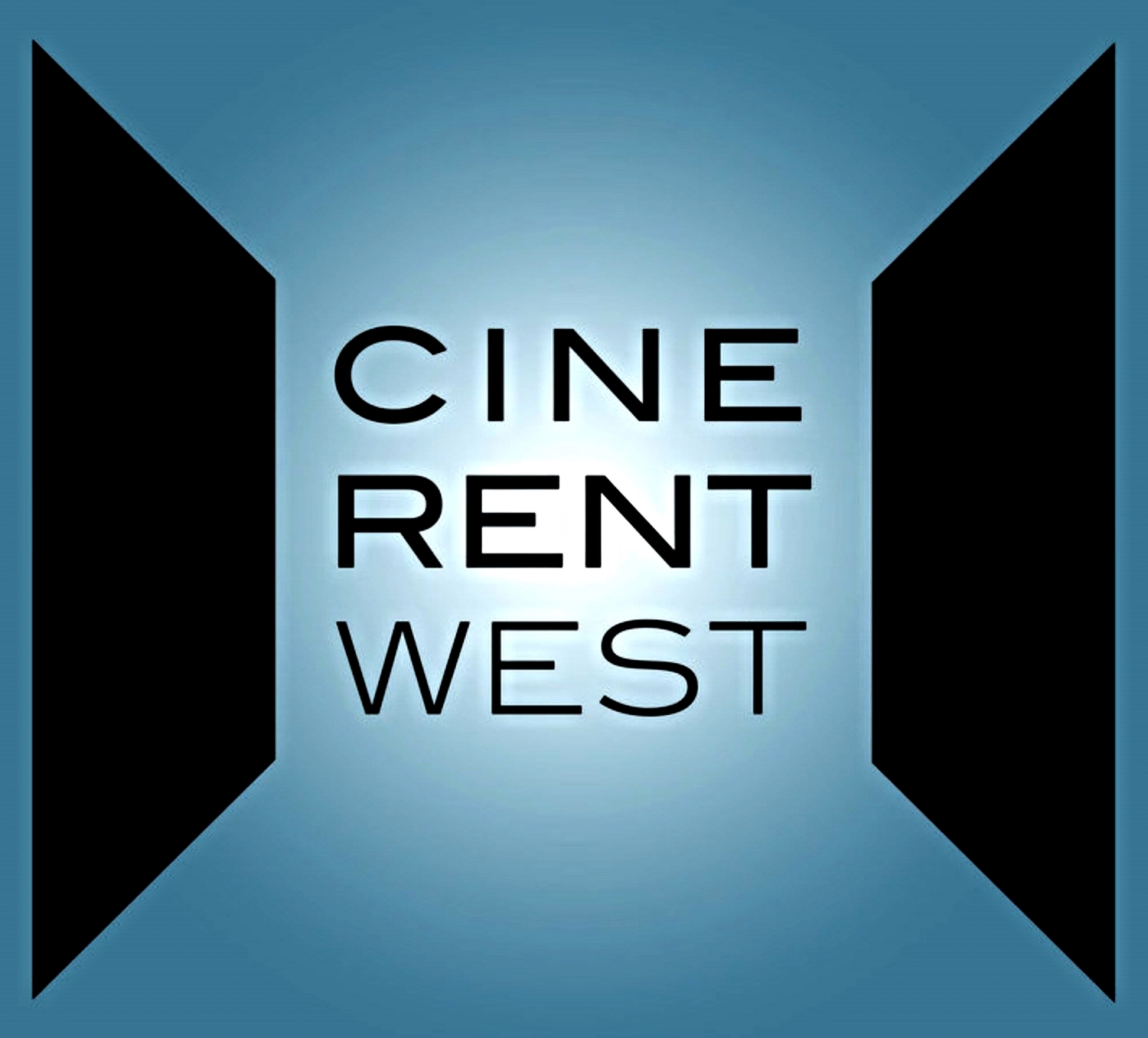Does It Ever Make Sense To "Buy" A Client?
/There's a thorny issue that seems to affect everybody--producers, directors, crew, talent, and creative agencies.
It's the practice of "buying" trophy clients.
Basically, it's where you land a project from a high profile client by doing the work for free or at bargain-basement rates in the hope of future work from that client, or high profile work from other clients who see the piece on your reel. We're talking about clients who seem to have adequate budgets for other projects, but for some reason don't have enough to pay you.
(By the way, there are projects everybody agrees you should do for free or super-cheap that don't fall under this, and we'll get to those in a minute.)
So what do we think about this?
Based on our conversations with many of you and our own experience, we've come to the conclusion that this tactic rarely works.
In fact, it hasn't worked for anybody we know. But we'll allow that it must have been successful for somebody sometime.
The problem is that it seems like it OUGHT to work. After all, don't we all know those stories of plucky interns who work for free to get their toe in the door and then get hired and then one day end up running the company?
Maybe that does work occasionally for individuals who are brand new in their career. They are unpaid or low paid because they don't have any marketable experience.
This isn't the case for the proven professional.
When an agency or individual agrees to work for a pittance, they're essentially saying one of two things.
A) I'm not worth the going rate.
B) I'm worth the going rate but please take advantage of me.
We've all heard the old proverb, "Why buy the milk when you can get the cow for free?" Of course, we're not calling anyone a cow, and we certainly don't mean to exclude those who are lactose intolerant.
But the point is, people will take what you give them.
We asked a number of veteran producers if they'd ever "bought" a project just so they could get a big name on their reel.
Tim Findlay of TGF productions has been an independent writer/director since the late 1980s. We figured he'd have done this at least once, early on, just to get his business established.
But he said he's purposefully avoided trading free or cut-rate work to attract new clients.
"I think it rarely works out," he says. "That a client who asks you for a huge discount on your first job with them will come back with a real budget. From what I've seen, if you do that in hope of more work from them down the road, you're probably going to be disappointed."
Terry Walton, Director of Production for R2C Group creative agency, got her start as a freelancer in the early 90s and also has seen that deep discount productions are a dead end.
"You don't just harm your own career," she says, "but when you ask your crews and vendors to work like that, you're watering down our industry."
In her experience, big name clients who get their work for low cost don't come back. They will just go to the next agency or production company who will do the work for low cost.
Both Findlay and Walton stressed that to succeed in the Portland market you need to have clients and vendors who trust you. And the way to build that trust is through mutual respect. If your client doesn't think you're worth the going rate, you may have a problem in that area.
Another casualty of "the grind" is your relationship with the production community. Portland is a small enough creative market that none of us can afford to burn our bridges and expect to get help from others in the industry when we need it.
And this takes us to a point both Findlay and Walton wanted to make. There are times when it's in everybody's interest to work for bottom-of-the-barrel rates.
Findlay pointed out that in the past, many top professionals were more than willing to donate their time to produce PSAs for non-profits or to create other work that benefits the community, like the Roseys or the Portland Creative Conference. But he's also been happy to do favors for his established clients--the exact opposite of wooing the client with freebies.
In that case, you first establish the client-producer relationship and then you reinforce that with the occasional screaming deal. We should all be happy when we get the chance to help a good client out of a jam.
Walton says that because agencies often have media buys packaged with creative work, they have some leeway in what they charge for it.
However, she adds that this break for the client should come from the agency's fees and not from the crew and vendors. Asking experienced people to work all day for a half-day rate shows little respect for them professionally and is detrimental to everyone in the long-run.
You know the old joke about the fisherman who, after an unlucky day at the lake, stops by the seafood store so he has something to bring home?
That's just sad.
The same principle works here. If we try buying our trophy clients instead of earning their respect through outstanding work, we're setting ourselves and our community up for failure.
The aggravation, lost money, and burned bridges just aren't worth it.


